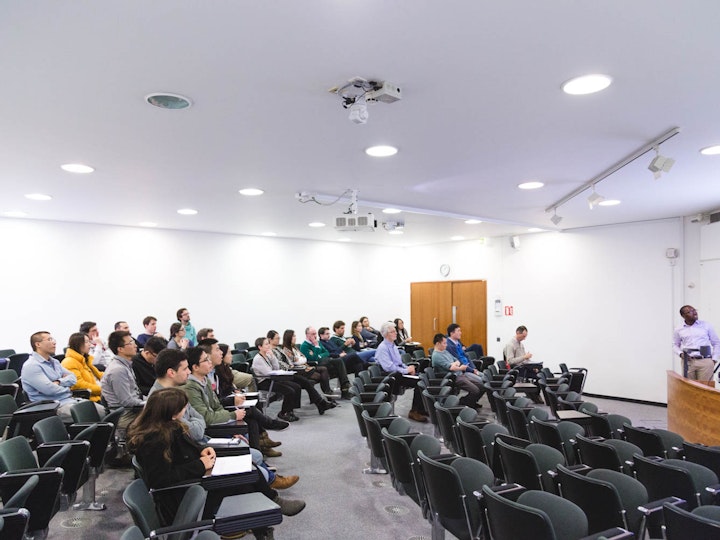Curved Momentum: A new trading strategy for commodity futures
Momentum trading is a popular strategy in the commodity futures markets. The idea is simple. Suppose that an investor wants to invest in the first nearby contract of several commodity markets, e.g. crude oil, live cattle and gold. At the end of each month, the trader ranks these assets according to their past return performance, observed over a measurement period of 12 months for example, from the top performing asset to the bottom performing asset. The investor opens a long position in the first nearby of the markets that performed well and a short position in the first nearby of the markets that underperformed. These positions are held throughout the next month. This strategy has performed historically well historically and has attracted the interest of investors.

A recent paper by Dr Chardin Wese Simen and his co-authors proposes a strategy termed: curve momentum. Essentially the strategy looks at each futures market in isolation and trades different maturities of the futures contracts written on the same underlying commodity. To illustrate this, the curve momentum trader interested in trading oil futures compares the historical performance of the first two nearby contracts of WTI crude oil, opens a long position in the nearby that had the best performance (over the measurement period) while taking a short position in the other nearby. An important point is that this strategy operates within the curve unlike the conventional momentum that works across futures curves.
The authors document that the diversified curve momentum strategy has performed well during their sample period (1989—2015). This is evidenced by a return of 1.28% per unit of risk taken. To put this result in perspective, the conventional momentum strategy yields a return of 0.72% per unit of risk. Interestingly, the curve momentum returns are weakly correlated with those of the traditional momentum as evidenced by a correlation estimate of 0.16. This result could be of interest to asset managers, who are looking to diversify away from the traditional momentum strategy.
What could explain the performance of this strategy? One possibility may be that the strategy rewards investors for crash risk. That is, the positive returns are simply a compensation for investing in a strategy that may crash. Unfortunately, this hypothesis is difficult to reconcile with the data as the returns to the strategy are positively (rather than negatively) skewed. Another possibility is that the returns reward investors for macroeconomic risk. The paper considers a wide range of macroeconomic variables and does not find strong evidence to back this claim. One may also wonder if the curve momentum strategy is simply a repackaged version of existing strategies such as commodity carry and commodity momentum. The regression results show that the returns to the proposed strategy cannot be explained by those of existing systematic strategies.
Given these results, one may wonder whether trading frictions may be preventing investors from arbitraging this opportunity. The paper discusses the potential impact of transaction costs. Since the strategy is based on the first two nearby futures contracts, transaction costs are relatively low and liquidity is pretty good, making the strategy simple and easy to implement. It is thus difficult to argue that transaction costs are preventing arbitrageurs from stepping in.
The research involves several robustness checks. For instance, changing the period over which the trading signal is measured does not materially affect the main conclusions. Accounting for a 1-week delay between the time when the signal is measured and the time when the trade is implemented does not change the key results. Going forward, it would be interesting to see how well the curve momentum strategy stands the test of time. Find out more about Dr Chardin Wese Simen’s research.
| Published | 26 January 2018 |
|---|

